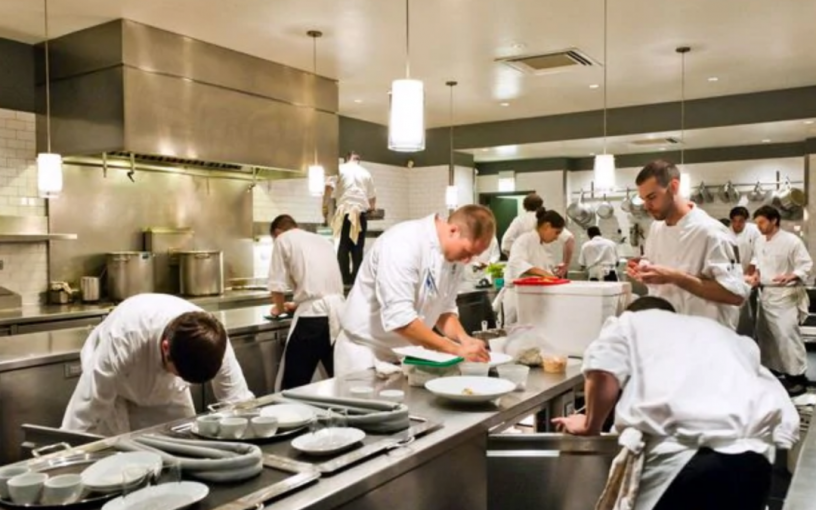I’ve been working in the food industry for a long time, and one immutable truth I’ve found, despite my arrogance and general lack of compassion, is that you will not succeed alone. There is simply too much work to be done and you can’t do it all yourself.
That is why you need a good team.
Pay attention to that word in front of team. It can’t just be a bunch of bodies performing tasks, it has to be “good”, which takes careful selection and effective training.
First up is selection. The most important quality is one that famed psychologist, Jordan Peterson, regularly cites: conscientiousness. Pure and simple, the best workers are conscientious, or, in other words, driven to do one’s duty and what is right. If you’re lucky, you’ve employed people like this before and have noticed, although you may not have been able to label it. And if you were luckier still, you were able to hold on to that person and promote them.
Therefore, if you have enough of these kinds of people on your team, you have success, and you have a bona fide team, meaning one that works together to drive success for the business, their teammates, and themselves. Others on your team that are not so conscientious will either be forced to fall in line, attracted to the allure of inclusion, or they will cause problems.
It really is amazing to watch. I’ve seen it in my own kitchen and have seen it in other workplaces. One bad actor is dropped into an otherwise productive group of workers and in a few weeks, everything goes to shit. It isn’t the productive ones that rub off on the toxic one, it’s the other way around. The good ones slowly become resentful that the bad one gets away with so much.
Productivity suffers.
So watch carefully. Look for enthusiasm, kindness, and, maybe most importantly, responsibility. Then, when you find it, reward it. Promote those people or give them more important jobs. Put them in charge of training the newcomers.
And that brings us to training.
If at all possible, you, the owner or manager should train, or at least be involved in the training of the newbie. Otherwise, give the training to a well-respected team member, as mentioned above. That will not only build a relationship that will calm the rookie, but it will make the veteran a better worker, because you never learn more than when you have to teach.
Effectively, the training has to be thorough, structured, and of a suitable duration, probably around two weeks. It should involve cycling through most, if not every, station. Out of this method comes someone that can potentially be a roundsman, or in football terms, an athlete. They can be put anywhere. If they show aptitude in a particular area, put them there. Basically, you use the training to see if you made a good decision. Does the smile and enthusiasm last through the grind of real work? Do they maintain composure under the stress of service? Are they getting along with the others? Watch it all very carefully and don’t be afraid to kick them out the minute you get the sense they might be toxic.
And that’s it. It’s simple and intuitive. But it isn’t easy. You’re dealing with other human beings, and that doesn’t always go well.
I was inspired to write all of this after a particularly tough two week grind at work. Most of that time, I have been home only long enough to shower before going to bed, only to get up six hours later to start it all over again. But what I realized was how much easier it all was because of my staff. It’s a cohesive, family-like group that helps each other. They know what to do, come in, and do it. Then they do the things that lie on the margins. They clean the place as if it was their own home. They have family meal. Really, it is hard to express how much employees like that contribute to the success of the business.

